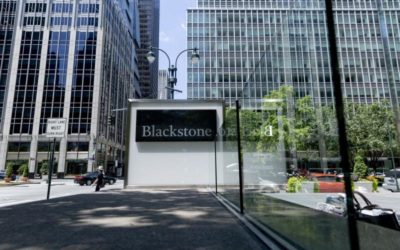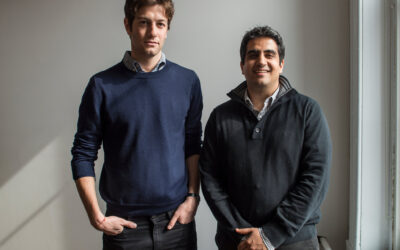Aviva has sold its Singapore operation to local rival Singlife as new chief executive Amanda Blanc moves quickly to slim down the UK-based insurer’s portfolio.
Ms Blanc became chief executive of Aviva in July, and last month said that she would focus the business on the UK, Ireland and Canada. She said the company would “withdraw capital” from other places where it could not meet its objectives.
On Friday, Aviva said it would sell its Singapore business to local rival Singlife in a deal that values the unit at £1.6bn. The UK insurer will retain a 25 per cent stake in the enlarged business.
Singlife is owned by private equity firm TPG, Japanese insurer Sumitomo Life, and IPGL, the investment vehicle of UK City stalwart Michael Spencer.
Ms Blanc said the deal was “a significant first step in our new strategy to bring greater focus to Aviva’s portfolio”.
She added that the company was “seeking to take decisive action on our portfolio with the goal of further enhancing long-term value for our shareholders”.
The company’s share price jumped 5 per cent on news of the sale before falling back slightly to end Friday 2.5 per cent higher at 295.98p.
Philip Kett, an analyst at Jefferies, said: “In selling Singapore for £1.6bn, Aviva will realise value equivalent to 15 per cent of the market capitalisation for a loss of just 5 per cent of earnings.”
He added that the deal was “clear delivery from the new CEO Amanda Blanc on her promise for decisive action”.
The disposals are unlikely to stop there. Aviva’s French business could also attract attention from potential suitors. Analysts at Citigroup value the unit at £2.8bn. Alan Devlin, an analyst at Shore Capital, pointed out that the company’s Italian joint ventures could be sold for prices set in their contracts, while the 40 per cent stake in AvivaSA in Turkey, which is a listed company, could be sold down.
“We expect today’s announcement to be the first of a number of announcements,” said Mr Devlin.
Ms Blanc’s predecessor, Maurice Tulloch, tried to sell the Singapore business last year as part of a wider strategy to sell assets in Asia. However, he ended up keeping hold of the business after the offers Aviva received were too low.
After the disposal, which is due to complete in January next year, Aviva will still have a wholly owned business in Vietnam and joint ventures in China and India.
Source: Financial Times




